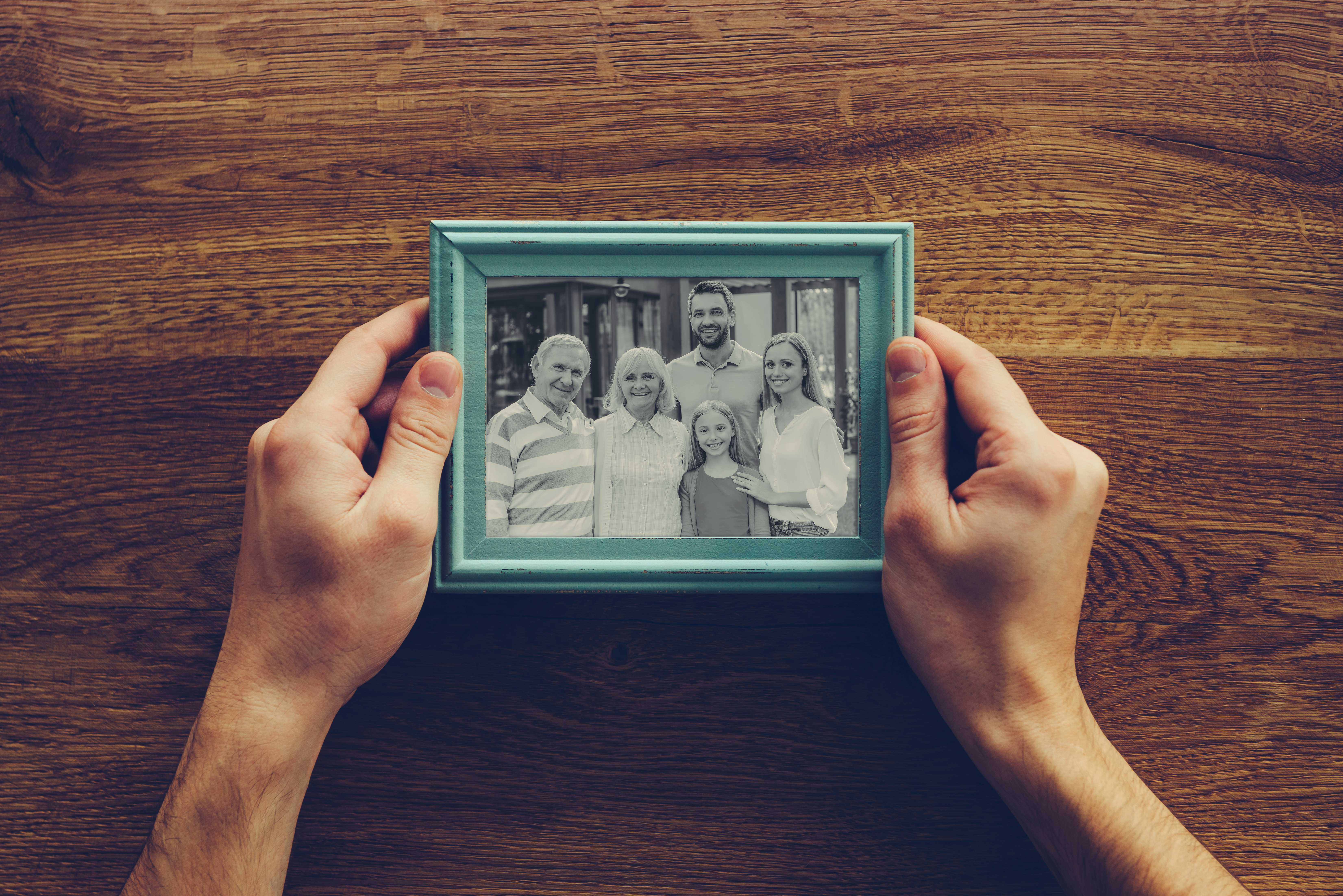Encouraging Memory Sharing and Storytelling to Preserve Personal Histories

Preserving personal histories through memory sharing and storytelling plays an important role in maintaining cultural heritage and fostering intergenerational connections. By encouraging individuals to share their experiences, communities can build a richer understanding of their collective past while promoting emotional well-being and social bonds.
The Importance of Memory Sharing
Memory sharing serves as a means to transmit knowledge, values, and traditions from one generation to another. It helps individuals maintain a sense of identity and continuity by reflecting on past experiences. Additionally, sharing memories can contribute to cognitive health by engaging mental faculties related to recollection and communication.
Storytelling as a Cultural Practice
Storytelling has long been recognized as a fundamental cultural practice that facilitates the exchange of personal narratives within families and communities. Through storytelling, people convey lessons learned, celebrate achievements, and express emotions associated with their life journeys. This practice enriches community ties and provides context for current experiences based on historical perspectives.
Methods to Encourage Personal History Sharing
Creating supportive environments where individuals feel comfortable expressing their memories is essential. Facilitating conversations through guided questions or group activities can prompt recollection. Utilizing various media such as writing, audio recordings, or digital platforms may also support diverse preferences for communicating stories effectively.
Benefits for Individuals and Communities
Engaging in memory sharing fosters empathy among listeners while validating the storyteller’s experiences. For communities, it strengthens social cohesion by highlighting shared heritage elements. Moreover, it contributes to preserving intangible cultural assets that might otherwise be lost over time.
Promoting Memory Sharing in Daily Life
Incorporating opportunities for storytelling into everyday interactions encourages continuous exchange of personal histories. Family gatherings, educational settings, or community programs can serve as venues where people naturally share their narratives. Encouraging active listening alongside storytelling enhances mutual understanding across different age groups.
Overall, encouraging memory sharing and storytelling offers valuable benefits for both individuals and communities. By supporting these practices thoughtfully, societies can preserve meaningful aspects of personal histories that contribute to identity formation and cultural continuity.
This text was generated using a large language model, and select text has been reviewed and moderated for purposes such as readability.


